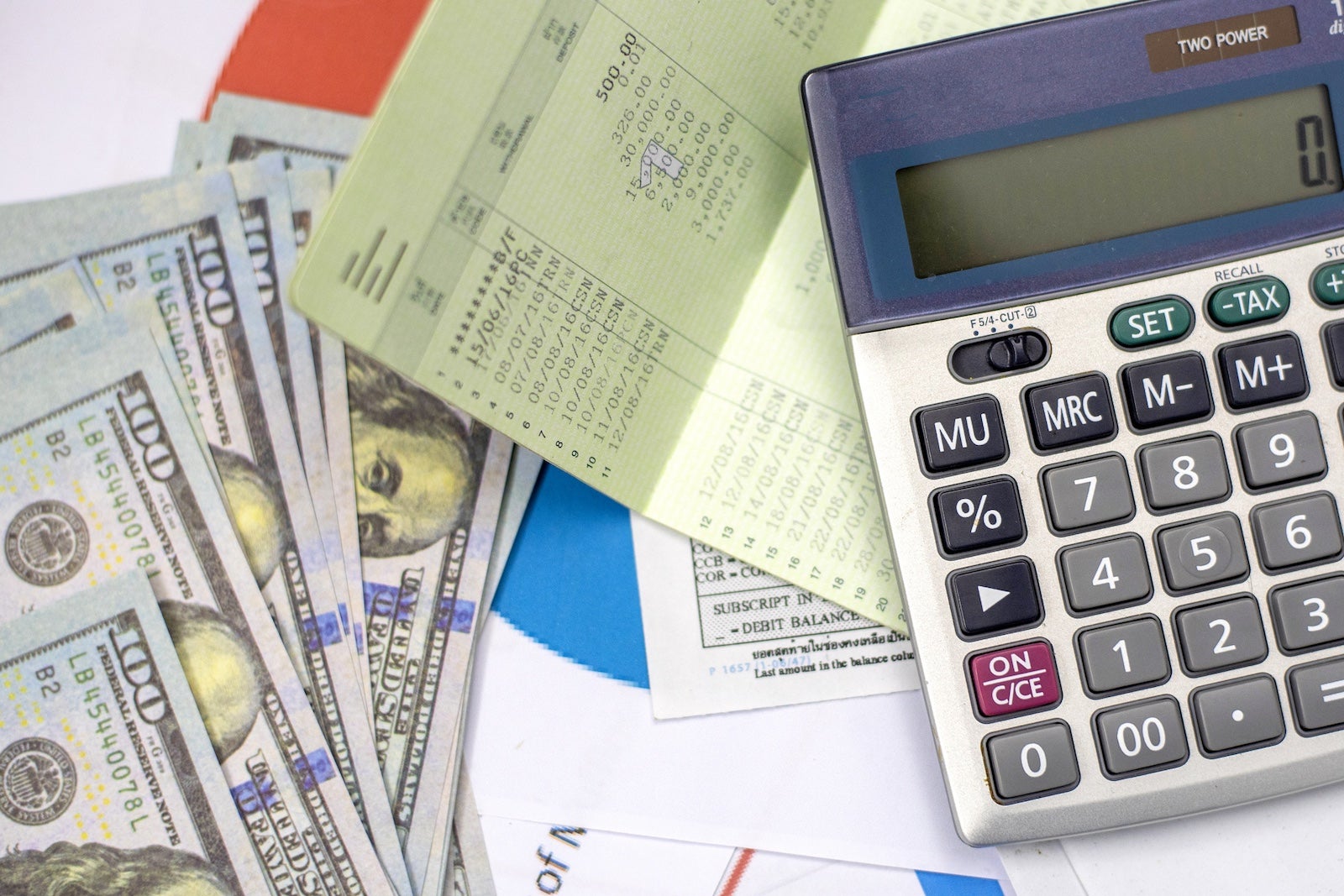Editor’s note: This is a recurring post, regularly updated with new information.
At TPG, we advocate for smart credit card spending, including paying in full to avoid interest on your balance.
But it’s not always that easy, and we understand how people can continually miss credit card payments.
If you find yourself in a difficult financial situation, know that you are not alone and that predatory practices to collect that payment are illegal.
According to a recent survey from Bankrate, 50% of American adults report carrying credit card balances from month to month.
Late or missed bill payments can begin the process of credit card delinquency — and, over time, could eventually lead to having to deal with debt collectors.
If you find yourself in this precarious position, here are three things you need to know.
What are debt collectors?

Debt collectors are agencies, buyers and lawyers who regularly collect debts from individuals. Dedicated companies also buy past-due debts from creditors and attempt to collect them.
Debt collectors often use questionable — and sometimes even illegal — tactics, per the Consumer Financial Protection Bureau, the agency responsible for financial consumer complaints. According to a 2023 report, the CFPB handled more than 110,000 debt collection grievances in 2023.
Thus, debt collection is among the most prevalent and notorious topics of consumer objections about financial products or services the CFPB sees.
Why might you have to deal with debt collectors?

There are a couple of reasons why you might find yourself dealing with a debt collector. The first reason is that a credit card issuer (or another other creditor) may use its in-house debt collectors or hire an external agency to collect a past-due debt that you owe.
Debts sent to collections can include things such as:
- Credit card balances
- Car loans
- Medical and hospital bills
- Student loans
- Mortgage payments
A second scenario is when a debt collection agency purchases a past-due debt from a creditor at a discount. If that company can then receive the full payment from you, they can earn a profit.
Clearly, especially in the latter case, these collectors have a financial incentive to pursue payment — and sometimes, as a result, act in a discriminatory or questionable manner.
Tips on how to deal with debt collectors

Know your rights as an individual
If you owe a debt, it should be paid back. However, you shouldn’t have to tolerate intimidation practices. In 1977, Congress passed the Fair Debt Collection Practices Act to help you know when a debt collector has crossed the line.
These collectors can’t harass, lie to or manipulate you in any way to get the debt resolved. The Federal Trade Commission has a full list of what debt collectors can and can’t do when it comes to collections. The bottom line is that abusive, unfair or deceptive tactics are off-limits.
Also, know that you can report any problems you have with a debt collector to your state attorney general’s office, the FTC and the CFPB.
Stay organized and get everything in writing
You should know exactly what you owe and have that information clear at the onset from the creditor, not the debt collector.
Don’t do anything once you get an initial call from a debt collector, either. A collector also has to send you a written “validation notice” within five days of first contacting you. The notice has to say how much money you owe, the name of the creditor to which you owe it and what to do if you don’t think it’s your debt.
If you don’t think you owe any money, you should send the debt collector a letter asking for verification of the debt. If you send that letter within 30 days of getting the validation notice, the collector has to send you written verification of the debt — for instance, a copy of a bill that you supposedly owe — before it can start trying to collect the debt again.
Consider other options to repay
If possible, try to work out an arrangement with a creditor before a bill is sent over to collections.
Another option if you’re having difficulty with collections is to seek out a nonprofit credit counseling agency. The U.S. Department of Justice has compiled a list of approved credit counseling agencies. An agency may be able to help work something out with your creditors in terms of a repayment plan. If it’s unlikely you’ll be able to pay back your debts, or if debt collectors are hounding you, you could try and request a free consultation with an attorney who specializes in bankruptcy.
Even if you decide not to file for bankruptcy, the attorney can tell you what a creditor is allowed to do in your circumstances and what they can and can’t collect.
Bottom line
In an ideal world, by making all your monthly payments, you won’t ever have to interact with debt collectors. However, if it’s already too late for that, it’s important to know your rights and how to spot predatory practices.
Hopefully, with these tips, you can pay off what you owe — or, at the very least, get a better understanding of how to deal with debt collectors.
If you eventually become ready to apply for financial products again, take a look at our best-secured cards and best beginner cards. Down the line, managing credit cards effectively can help you establish a better credit score, protect you from fraud and provide you with the opportunity to earn valuable rewards.
Related reading:




